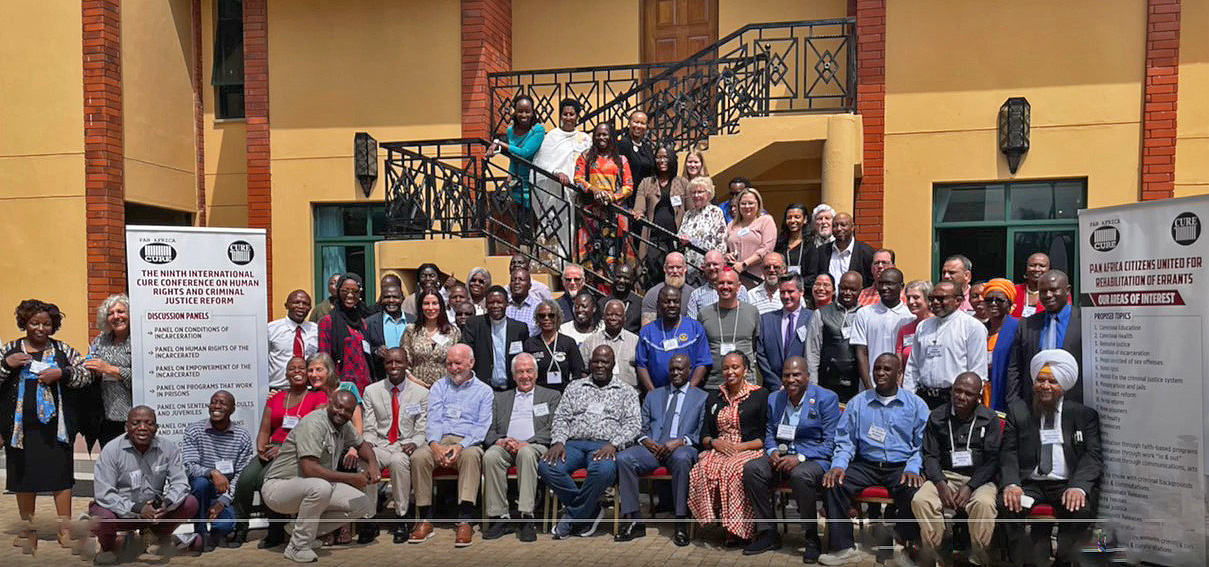
Participants of the ninth International CURE Conference gathered May 1-5, 2023, in Nairobi, Kenya.
In May three Maryknoll Lay Missioners participated in the ninth International CURE Conference in Nairobi, Kenya.
Heidi Cerneka was on the organizing committee and moderated a panel on the human rights of the incarcerated. Francis Wayne, who has long been active in volunteer prison ministry and continues to work today with prisoners in Mombasa, Kenya, also contributed to the Congress. And I spoke about restorative justice and chaired the panel on “Women in the Criminal Justice System: Challenges and Creative Initiatives.”
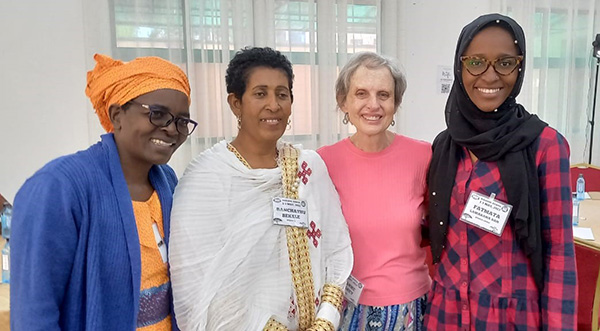
Joanne Blaney (second from right) with the presenters on the panel she led on “Women in the Criminal Justice System: Challenges and Creative Initiatives.”
Ninety-five members of International CURE (Citizens United for Rehabilitation of Errants) from 23 countries participated in the conference. Pan Africa CURE, with delegates from 12 African nations, welcomed us. The conference’s focus was on global human rights and prison reform. The diversity of the participants and their knowledge and experiences contributed to meaningful reflections, learnings and exchanges.
International CURE began in 1972 in the U.S. and is now a grassroots organization with 30 chapters around the world. It is guided by the United Nations’ Universal Declaration of Human Rights as well as the UN Sustainable Development Goals.
CURE is a grassroots organization that welcomes the participation of anyone who works for prison reform and human rights, and invariably brings together activists, including returning citizens (people who have spent time in prison), their families and friends, human rights advocates, and government and prison officials.
This year’s conference brought together a richness of experiences from varied countries as well as incredible challenges – mass incarceration almost everywhere, inhumane conditions, gender violence, gang activity, lack of physical and mental health care, racism, death penalty and life sentences. Retention of prison staff as well as staff shortages were also mentioned, especially in the panel on “Prison officials and reformers: foes or allies?”
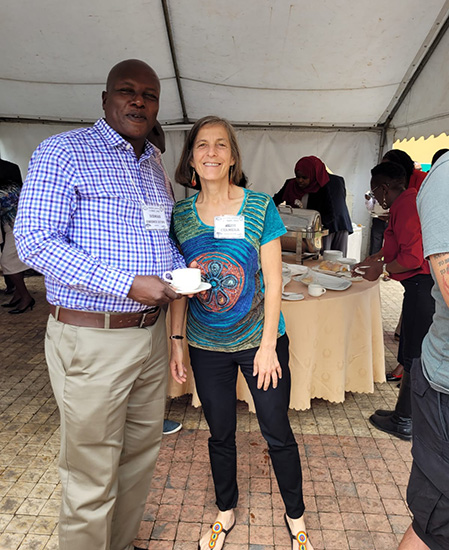
Heidi Cerneka with Dismas Omondi Ayoo
Horror stories in prison systems span the world, panelists said, from Brazil to Japan, from the Democratic Republic of Congo to Cuba. In Pakistan, children are eligible for the death penalty, and in Uganda, execution occurs for “aggravated homosexuality.”
The panels considered conditions of incarceration, empowerment of those who are or have been behind bars, effective programs in prisons, restorative justice, women in criminal justice, human rights, and incarcerated youth.
Violence against women was an issue in almost every country, particularly how violence and lack of resources contribute to an increase in the number of women in prison, where they then continue to suffer varied types of violence. It is clear that having gender-specific programs for health in the women’s prisons is essential but lacking in many places.
Banchi Bankele, a social worker and one of the panelists from Ethiopia, moved the participants to silence in an especially poignant moment when she spoke of some of the horrific conditions suffered by women. She told a story about sexual and physical violence suffered by a woman and her daughter. The moment was so powerful that the only response from the plenary was a moment of silence and prayer in the face of such suffering.
We visited the Naivasha maximum security male prison, a two hours’ drive into the Rift Valley region of Kenya. Here, more than 2,000 men are incarcerated behind 20-foot-high concrete walls. We visited areas where prisoners prepare food, a printing shop, and a carpentry section. However, due to tight security and the prohibition of photography or direct communication with those imprisoned, there was no way to evaluate the actual conditions of the prison.
Along with all of these challenges, there was a sense of hope as grassroots and faith-based groups presented their work and ministries.
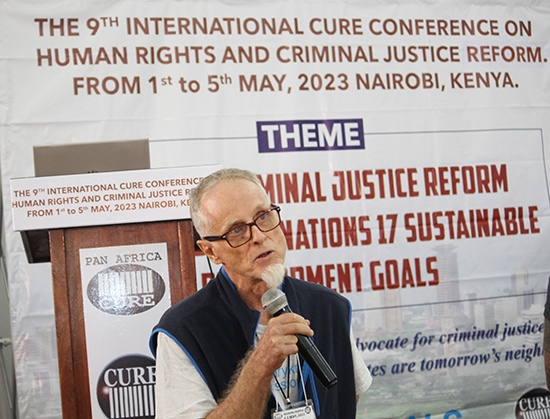
Francis Wayne speaking during the International CURE conference
One panel on faith-based prison ministries brought Muslim, Jewish, Sikh, and Christian presenters together, demonstrating that prison reform is a common global concern in all major religions.
Maryknoll Lay Missioners’ focus on the importance of nonviolence was confirmed over and over in this congress as we saw lives of resistance to violence that is perpetuated in prisons and in communities before and after imprisonment. We also learned about the impact of the perpetuated violence and the need to really advocate for nonviolence.
Many formerly incarcerated women and men participated, bringing to the table their voices of reality and real-life experience as well as their current work and projects that are making positive changes.
This was definitely not a congress to listen only to theory. Participants all had rich experiences to share, which contributed to the collective learnings.
We reconfirmed our commitment to universal human rights as inherent in every human being and our continued work to defend the dignity of each person. Advocacy efforts were emphasized to prevent juveniles from being placed with adults in the same cells and for those in detention and post-release.
Each country committed to producing a manual to instruct staff and the community on the needs of the incarcerated, especially concerning women. Finally, there was a consensus that restorative justice and diversion should become primary tools in a country’s criminal justice system.
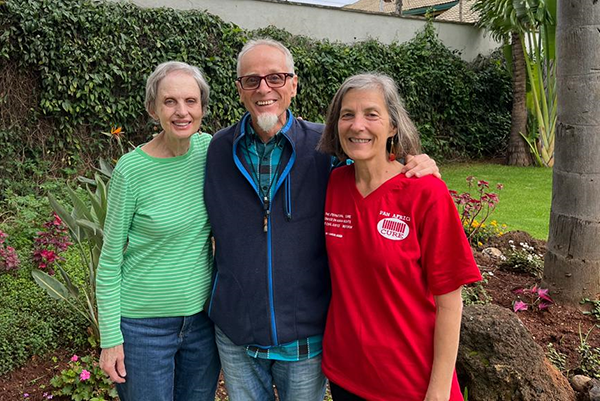
Maryknoll lay missioners who presented at the International CURE conference (from left): Joanne Blaney, Francis Wayne and Heidi Cerneka.
Heidi Cerneka and Francis Wayne contributed to this story.

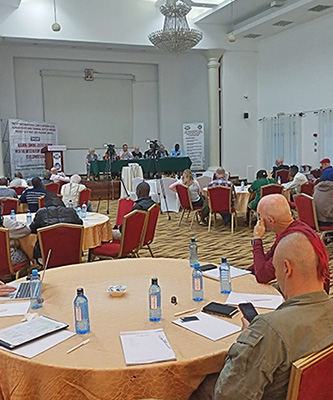

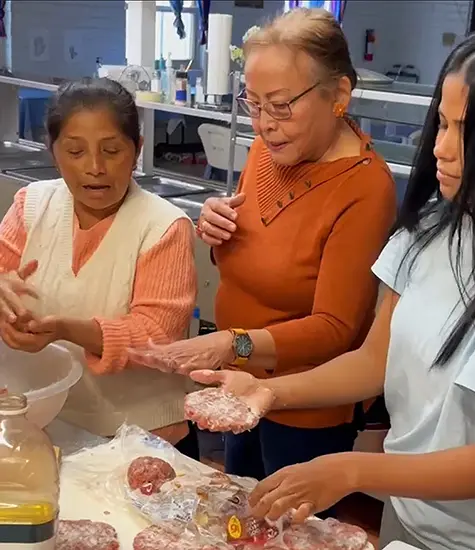
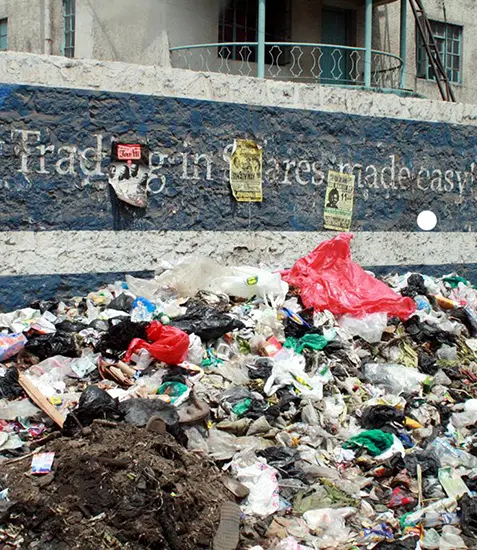
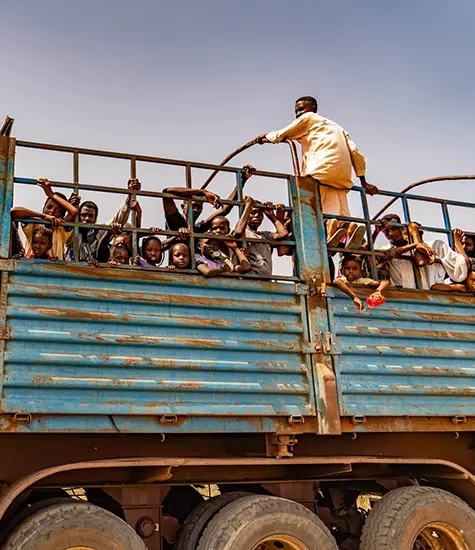




Glad to see your work continues, and that the network has grown. Such very important work that you all are doing. Vá com Deus!